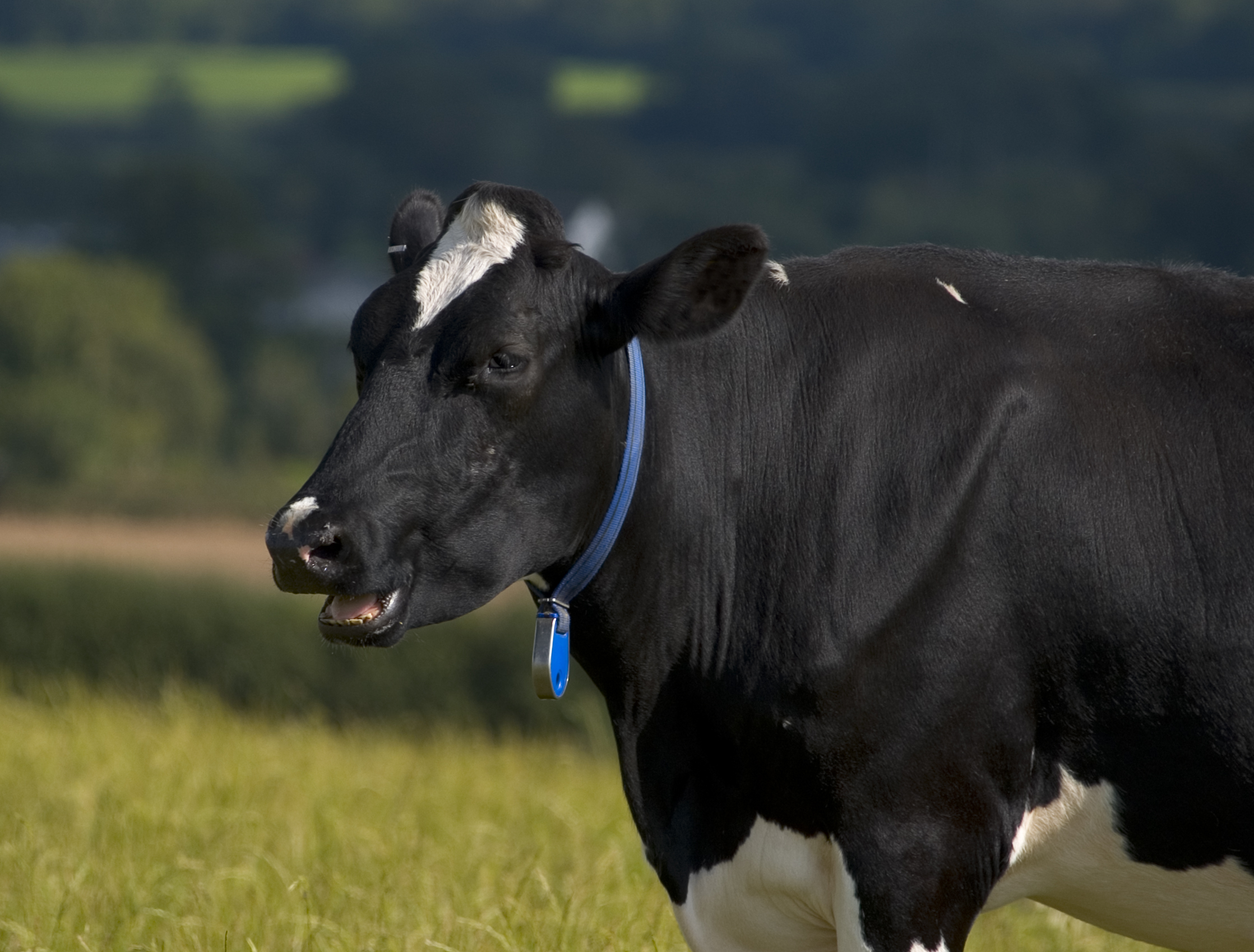Thank goodness styrofoam cups are on their way out. After all, nothing else so quickly kills the taste of chamomile tea. But it’s the public’s perception of styrofoam burgeoning from landfills that has motivated many a dining establishment to discontinue use of the infamous, spongy material.
Indeed, coffee shops, fast-food joints and plenty of forward-thinking places that sell grub, increasingly say no to styrofoam and plastic in favor of environmentally-friendly paper, or even choose washable mugs and plates in favor of disposable-anything.
That’s good for the environment. And good for business too, because many consumers are attracted to businesses perceived as environmentally-friendly.
Case in point, a “Green Dining” article recently printed in a Greater-Hartford monthly magazine. The author named names: specific restaurants that consciously reduce waste, use post-recycled materials, use efficient heating systems, choose local vendors. These companies got some sweet free advertising, and I say kudos to all of them. However, the article completely missed the point.
When it comes to dining out – heck, when it comes to life in general – the single most powerful thing we can do to improve the state of our planet has everything to do with what we eat, but hardly anything to do with the biodegradable, corn-based fork; the post-recycled, unbleached paper plate; or even the truck transporting our food.
More specifically, it has everything to do with whether or not our food is plant-based or animal-based.
The process of producing meat, eggs and milk is so inefficient that it is now considered the world’s number one cause of climate change.
According to the United Nations, animal agriculture generates more greenhouse gas emissions than all forms of transportation combined. In its 2006 report “Livestock’s Long Shadow,” the UN even called for “immediate action,” prompting countries including England, Germany and Belgium to initiate public programs to reduce consumption of meat and dairy in favor of plant-based foods.
Here’s why. Animals raised for food need space on which to live. But they also need food to eat and water to drink, and it takes a lot of land and water to grow that food. When it comes to efficiency, the amount of land, water and grain required to produce a single pound of beef is staggering. Indeed, it takes about one-twentieth the resources to feed a person on a plant-based diet (vegan) than it takes to feed a non-vegetarian.
The production of one pound of beef requires 2500 gallons of water and about 16 pounds of grain or soy. Think about this for a moment: A cow has to consume 16 pounds of food for every one pound of edible muscle that its body can produce. And 2500 gallons of water? That’s enough for six months of showers. Consciously conserving water by limiting your showers to just five minutes? The sad truth is that for every pound of meat you eat, you are essentially leaving your shower on for 30 hours straight.
If food grown for cows was redirected for human consumption – rather than being cycled through animals – then up to 16 times less food could be grown to feed our population. That frees up enormous amounts of cropland in a world of exponentially expanding population. Intensive animal agriculture is also considered at the top of the list of causes for rainforest destruction and water pollution.
Interestingly, eating veggies trucked from far away has been shown to cause less of an environmental problem than eating local meat. A 2008 award-winning study at Carnegie Melon University found that our carbon footprint is more effectively reduced by eating 100 percent plant-based (vegan) one day a week than by eating 100 percent local every single day of the week. Even the UN climate chief, Rajendra Pachauri, says that having one meat-free day every week is the biggest single contribution that people can make to curb climate change in their personal lives.
So why did Al Gore conveniently leave this nugget of information out of his famous documentary? Maybe he covets his Quarter Pounder Double Cheese. Nevertheless, the official handbook for Live Earth, the anti-global warming concerts that Gore helped organize, says that not eating meat is the “single most effective thing you can do” to reduce your climate change impact. And Gore himself said in a recent interview with Alex Bogusky that we should curb our meat consumption to help curb global warming.
I can’t resist pointing out divine synchronicity. How fascinating that the diet that preserves our environment is also optimal for our physical health. Indeed, the world’s leading nutrition experts agree that a whole-foods plant-based diet offers great protection from heart disease, diabetes type II, and many kinds of cancer. Indeed, the Meatless Monday campaign launched in 2003 in association with the Johns Hopkins Bloomberg School of Public Health is now active in 23 countries around the world for this very reason.
So why not say yes!to our health and say yes! to the health of our planet. Go for the black bean and grilled vegetable burrito instead of the chicken chimichanga. After all, what have you got to lose?
Maribeth Abrams is a Certified Nutritionist and Holistic Health Practitioner practicing in Glastonbury. She loves locally-grown, organic veggies and refers budding environmentalists to the book Comfortably Unaware by Dr. Richard Oppenlander.
